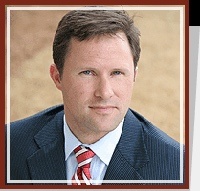Snellville White Collar Crime Lawyer, Georgia
Sponsored Law Firm
-
 x
x

Click For More Info:
-
The Law Offices of Richard L. Cooper, P.A.
848 Brickell Avenue Suite 800 Miami, FL 33131» view mapDWI/DUI, Drug Trafficking, Felony Nationally Ranked Top 40 Under 40
With Richard L. Cooper you can expect a trusted confidant who will work diligently to fully understand your case and determine a road map to help you regain control of your life.
800-756-2781
Thomas Ford
✓ VERIFIEDCriminal, DUI-DWI, Felony, RICO Act, White Collar Crime
Expect Results. Not Excuses
FREE CONSULTATION
CONTACTPatrick J. McDonough
Litigation, White Collar Crime, DUI-DWI, Criminal
Status: In Good Standing Licensed: 30 Years
FREE CONSULTATION
CONTACTW. Carl Lietz
Federal Appellate Practice, Public Interest Law, White Collar Crime, Criminal
Status: In Good Standing

 Richard L. Cooper Miami, FL
Richard L. Cooper Miami, FL AboutMiami Attorney at Law
AboutMiami Attorney at Law ServicesCriminal Defense
ServicesCriminal Defense

